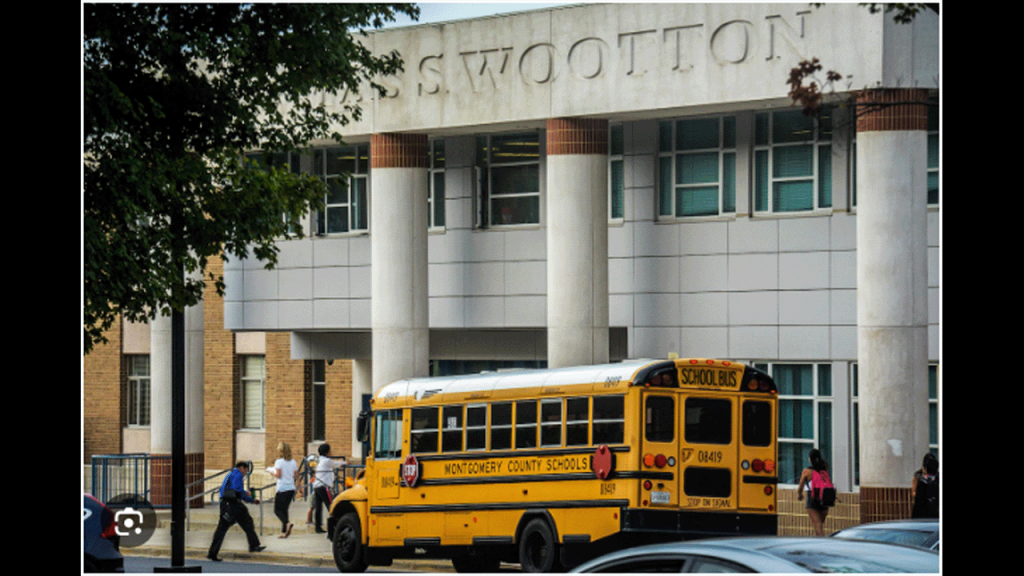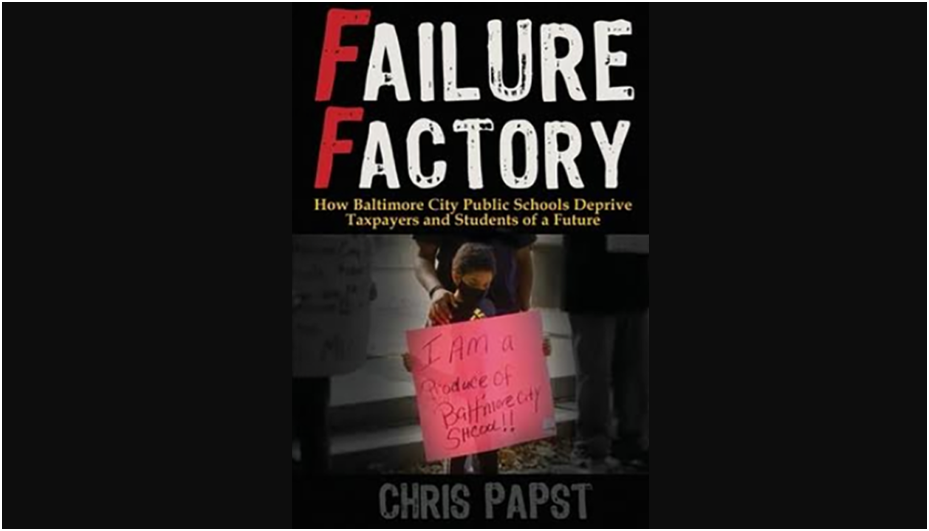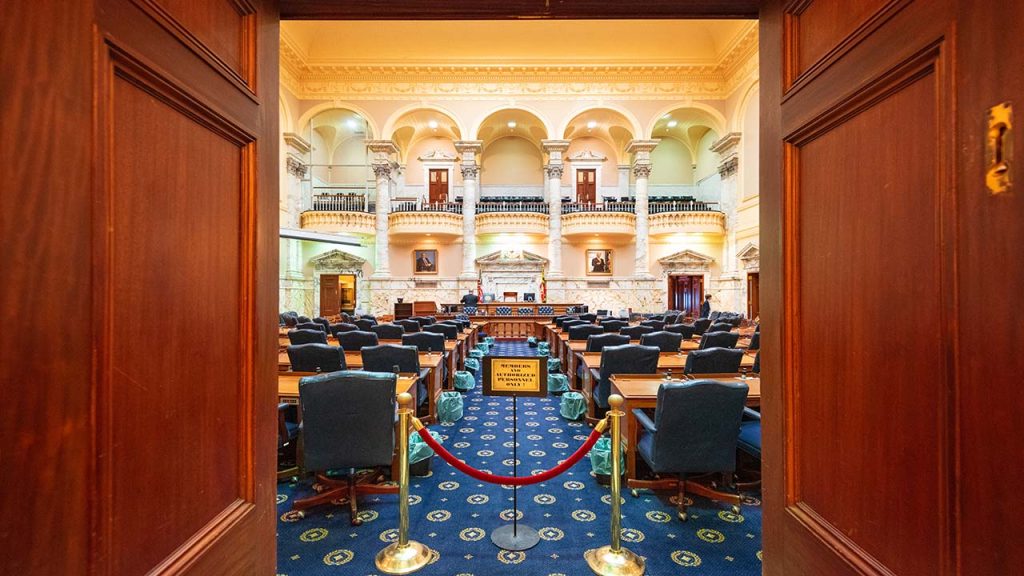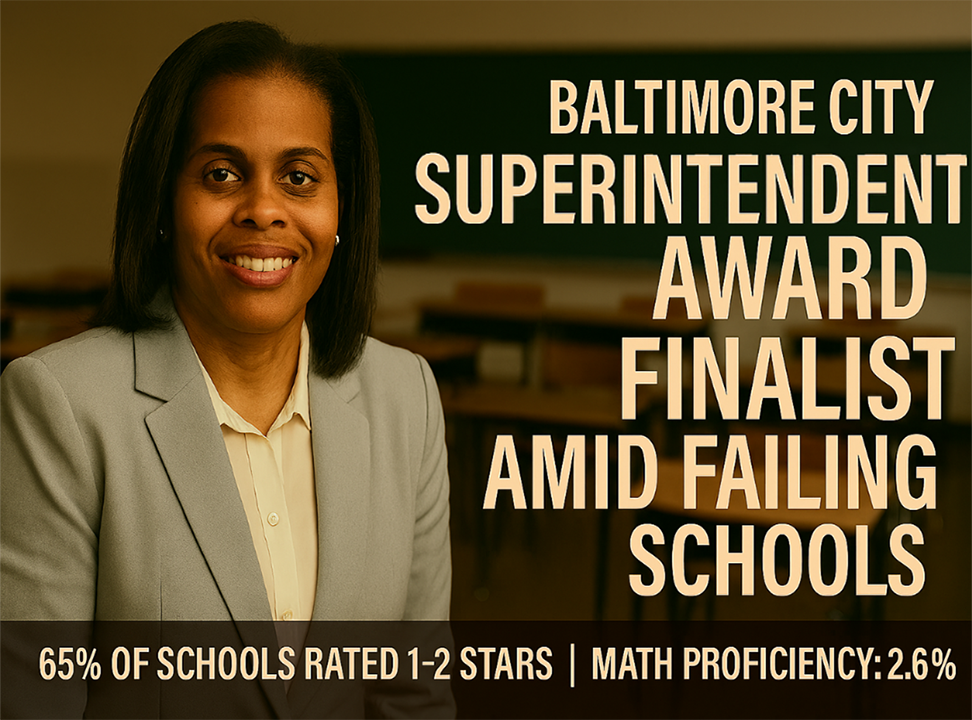

Promoting Accountability: Strengthening Whistleblower Protections in School Environments
Within the ongoing discourse surrounding school safety and transparency, a pivotal recommendation has emerged from law enforcement officials, including the Worcester County Sheriff and the State’s Attorney: the implementation of whistleblower protections designed to safeguard educators and staff members within our school system. This recommendation underscores the critical need to establish robust measures that encourage the reporting of concerns or potential criminal activities related to school operations, while simultaneously ensuring protection against any form of retaliation from school administration or the board.
While assertions have been made regarding the existence of a policy for whistleblower protections, the practical application and effectiveness of such measures may be subject to scrutiny. Whistleblower protections in educational settings introduce a nuanced challenge, where the delicate balance between transparency and reputation management often comes into play. Educators and staff members may hesitate to report incidents or raise concerns, fearing potential repercussions such as damage to the school’s reputation or adverse actions from administrators. Similarly, administrators may face pressure to prioritize reputation management over genuine transparency, leading to ambiguity surrounding the protection of whistleblowers and the handling of sensitive information.
The recommendation put forth by law enforcement officials, including the Worcester County Sheriff and the State’s Attorney, underscores the necessity for a comprehensive approach to whistleblower protections tailored specifically to the dynamics of school environments. While existing policies may offer a degree of protection, there exists a clear opportunity for enhancement and refinement. Strengthening whistleblower protections requires a multifaceted strategy that aligns state laws with the unique challenges and sensitivities inherent in school settings, thereby creating an environment where educators and staff members feel empowered to report wrongdoing without fear of reprisal.
Effective implementation of whistleblower protections demands clarity, transparency, and a steadfast commitment to accountability. It involves not only establishing clear protocols for reporting and investigation but also fostering a culture of trust and support within educational institutions. Educators and staff members must feel confident that their concerns will be taken seriously and that they will be shielded from any form of retaliation or discrimination as a result of their disclosures.
By embracing the recommendation to strengthen whistleblower protections, we can work towards cultivating a culture of accountability and transparency within our schools. This entails not only enacting robust policies but also providing ongoing training and support to ensure that all stakeholders understand their rights and obligations regarding the reporting of concerns or potential wrongdoing.
In conclusion, the enhancement of whistleblower protections represents a vital step towards promoting accountability and integrity in school environments. By prioritizing transparency and creating a supportive framework for reporting, we can foster a safer, more equitable, and more conducive learning environment for all members of the school community
Dig Deeper With Our Longreads
Newsletter Sign up to get our best longform features, investigations, and thought-provoking essays, in your inbox every Sunday.
The MEN was founded by John Huber in the fall of 2020. It was founded to provide a platform for expert opinion and commentary on current issues that directly or indirectly affect education. All opinions are valued and accepted providing they are expressed in a professional manner. The Maryland Education Network consists of Blogs, Videos, and other interaction among the K-12 community.











